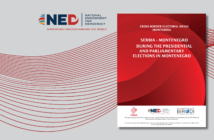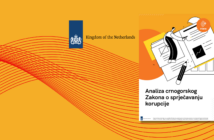The recently adopted amendments to the Law on Free Access to Information enable institutions to conceal information that may indicate a violation of law or corruption, contrary to the recommendations of the European Union. This document shows how the law has been changed without the knowledge of the public and what problems it will cause in practice.
In early 2016, the Ministry of Culture set up a working group to draft amendments to the Law on Free Access to Information with the task of regulating the issue of data re-use in compliance with European directives. Almost a year after the draft was made, the government submitted the Proposal of amendments to the law to the Parliament, at the very moment when all opposition parties boycotted the work of the Parliament.
The government’s initial proposal referred only to the re-use of information, but it later accepted the amendments of MPs of the ruling party which significantly limited the access to information. The institutions responsible for the implementation of the law were not consulted when proposing the controversial amendments, nor was the opinion of the European Commission asked.
The same day when the MPs proposed the amendments, there was a session of the Parliament at which the amendments were adopted. On that occasion, 12 minutes were dedicated to the discussion on the re-use of information, while the disputable amendments were not even once mentioned. The public learned about them only two weeks later, when they were revealed by the media.
Complete analysis download HERE (PDF)



